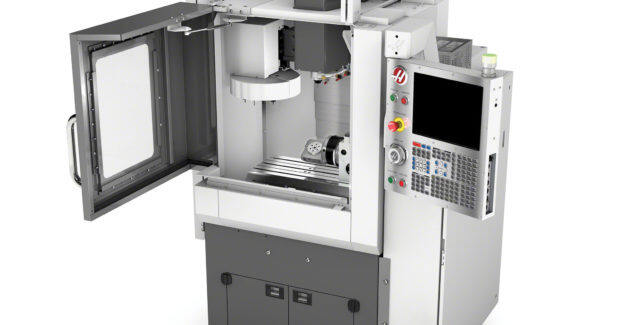Хатогии формати почтаи электронӣ
emailCannotEmpty
emailDoesExist
pwdLetterLimtTip
inconsistentPwd
pwdLetterLimtTip
inconsistentPwd

Ахбор
VERTICAL VS. HORIZONTAL MILLING: WHICH IS BETTER FOR YOUR PROJECT?
You can use a milling machine to cut and produce the specific parts or components you need for your project. Rather than add materials through a process known as additive manufacturing — which is what a 3D printer does — a CNC milling machine helps you achieve your desired look or function by cutting away at excess materials, through a process called subtractive manufacturing.
Several different types of milling machines can help you complete your next project. Two of those types are vertical mills and horizontal mills. Though they are different, both vertical and horizontal mills can work for a range of industries. By understanding which one is better for your business or project, you can minimize the risk of costly errors and equip yourself with the best tools possible to get the job done.

Read on to learn more about the different functions of horizontal and vertical milling machines, how to choose the best one for your project and when to consider using a custom manufacturing company instead.
Vertical vs. Horizontal Milling Machine
The primary difference between vertical and horizontal milling machines is how the spindle axis moves — from side to side or up and down. Both of these machines have their merits, and the choice between the two often comes down to the specific needs of your project, your operating budget and the sort of timeline you are working with. It is worth noting that the machine you decide to use doesn’t necessarily limit the types of projects you can complete. In many cases, you can use either a vertical or horizontal milling machine for your project-related tasks, as long as you know the correct operating techniques or add-on parts required.
What Is Vertical Milling?
On a vertical mill, the rotary cutting head has a vertical alignment, causing the spindle to move up and down along the Z-axis while the machine is in operation. As the spindle moves, the cutters work to remove material as the rest of the machine moves and shifts along the X-axis and Y-axis to continuously position the object for further cutting. There are two types of vertical mills — turret machines and bed machines. The table on a turret milling machine can move both left and right and up and down, while the spindle remains stationary. This quality makes them ideal for a variety of applications. The table on a bed milling machine only moves horizontally, perpendicular to the axis, while the spindle runs parallel to the axis.
What Is Horizontal Milling?
What is a horizontal CNC machine? On a horizontal mill, the spindle runs parallel to the ground, and uses slightly smaller — yet thicker — cutting heads to press against the project and remove material. Unlike vertical milling machines, you do not have a direct line of visibility as the machine cuts. Horizontal milling machines with universal tables can help you cut at various angles.
Conclusion
For more information about axis milling,vertical milling center,vacuum table for cnc milling machine, we are glad to answer for you.

